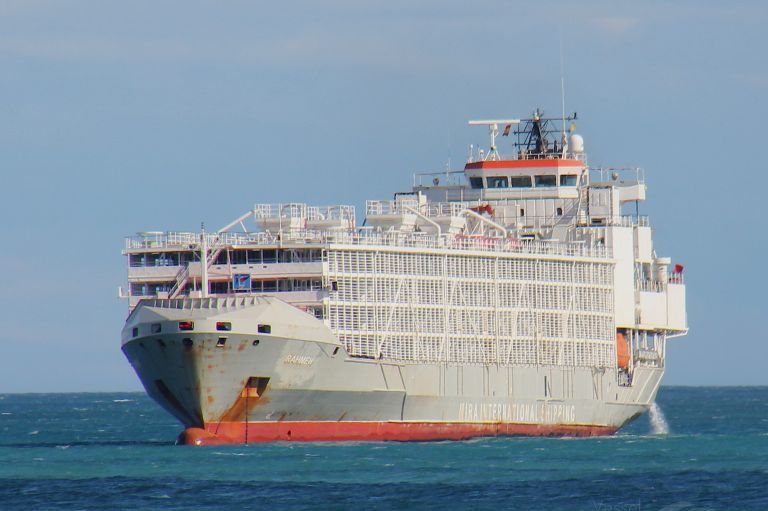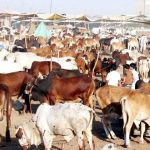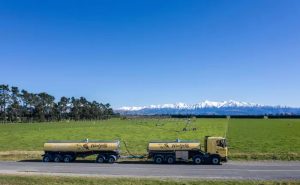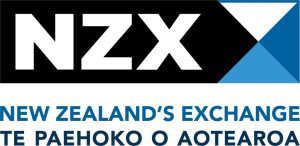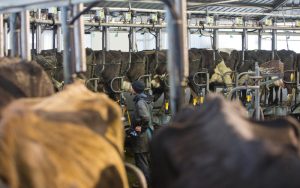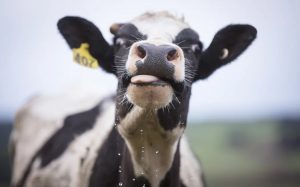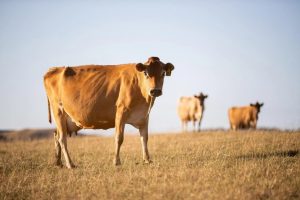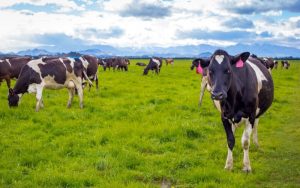
New Zealand-based livestock export consultant Brent Wallace has been involved with the industry for 18 years, having sailed 40 trips as operations manager on the livestock carriers.
More recently he has been working as a consultant both in NZ and with importing countries to ensure the appropriate set up of farms and feedlots for the arrival and ongoing care of the exported livestock.
Following a review of the industry, the Government announced last week that the export of livestock by sea will cease in 2023.
At the heart of the decision is upholding NZ’s reputation for high standards of animal
welfare.
Wallace slammed such thinking, suggesting the NZ government and animal rights activists have no clue on how well the animals are cared for both on board and once off the ship.
He questions why experienced people well versed in the livestock export trade were not called on for advice as part of the Government’s review.
“There’s at least 10 of us here in NZ and not one of us was consulted,” Wallace said.
When Agriculture Minister Damien O’Connor initiated the review in June 2019, Wallace challenged those tasked with making the decisions to sail a voyage on one of the livestock carriers and spend time on farms at the importing countries.
But like consulting with the industry experts, that never happened either.
O’Connor confirmed with Farmers Weekly on Thursday that no Ministry for Primary Industries (MPI) officials had travelled the journey with a shipment of livestock, or been on farms in China, as part of the review process.
When questioned how the evidence to determine the outcome was gathered, O’Connor says information was received via reports.
What was in those reports has not been divulged.
“We saw enough reports to make the decision … at Cabinet,” O’Connor said.
“I accept the disappointment, it was a hard call and not an easy one to make.”
Wallace, like other industry stakeholders, fear the ban could have dire flow on with NZ’s dairy and meat trade.
He says disrespect for importing countries’ animal welfare regulations needs to be pulled into line.
NZ is a big player in China’s cattle export trade, supplying 50% of all live cattle imports.
“You can’t be disrespectful to China of all countries and not expect repercussions, look what happened to Australia after covid,” Wallace said.
A dairy industry source based in China says there is a huge shortage of cows in China creating delays in project developments incorporating 20,000-30,000 cows a time.
While China, along with other trading nations, were advised on March 31 of the decision, to date there has been no response.
“There has not been any feedback from China, I expect there will be, and we will deal with it when we get it,” O’Connor said.
Beef + Lamb NZ chair Andrew Morrison expressed disappointment in the review process.
“As an industry, there has been no ongoing consultation, so subsequently the decision’s been very disappointing to us,” Morrison said.
While expressing concern for any potential trade risk, Morrison says so long as the Government is communicating with the Chinese and making it clear the ban is not just on China, and giving them good reasoning for it, then he is quietly hopeful it will not create major implications for NZ’s food trade business with China.
